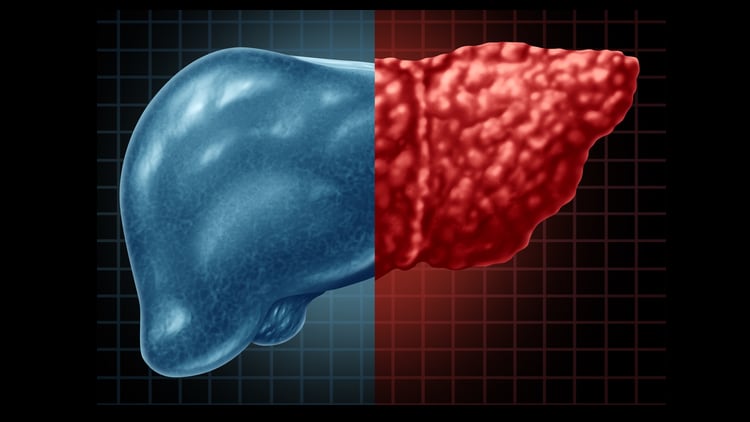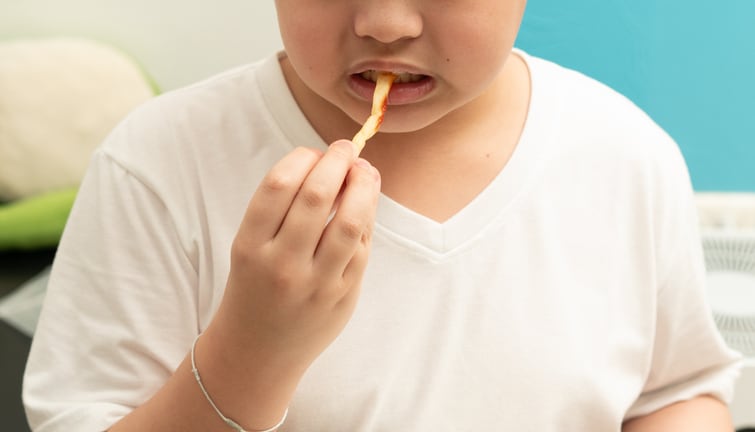Writing in Current Developments in Nutrition, the researchers from Taipei Medical University, National Taiwan Ocean University, and TCI Co. Ltd, also said that Bacillus coagulans supplementation has shown to increase the number of beneficial bacteria in the gut.
A total of 57 patients were involved in this eight week randomised, double-blind, placebo-controlled trial.
They were randomised to take either one capsule containing 1.66bn CFU of Bacillus coagulans TCI711 (B. coagulans TCI711) or the placebo daily.
Their fatty liver content was examined using FibroScan liver fibrosis scanner and stools samples collected to examine the changes in their gut microbiome.
The study was funded by TCI Co. Ltd which also provided the test materials.
Findings showed that the supplementation of B. coagulans TCI711 had reduced fatty liver content by 5.2 per cent – which was significantly lower than the baseline levels.
Notably, the reduction was greater in participants who had a body mass index (BMI) of less than 30.
After excluding severely obese subjects, participants with BMI less than 30 reported a 8.7 per cent reduction in fatty liver. This was a significant reduction from the baseline levels and was also a significant improvement when compared to the placebo group.
Gut microbiota modulation
The trial also showed that B. coagulans TCI711 supplementation had significantly increase the number of beneficial bacteria in the gut, including Bifidobacterium, Eubacterium, Ruminococcaceae, and Sellimonas, from baseline levels.
For instance, the relative abundance of Bifidobacterium had significantly increased from less than 0.002 per cent before the intervention started to nearly 0.003 per cent by the end of the intervention.
By producing short chain fatty acids propionic acid and butyric acid, Bifidobacterium could inhibit liver inflammation and fat accumulation and alleviate NAFLD, the researchers explained.
The relative abundance of Eubacterium also went up significantly to more than 0.00005 per cent by the end of the intervention.
Eubacterium similarly regulates liver inflammation while Sellimonas is an important microbe for intestinal metabolic balance because of its ability to utilise glucose.
On the other hand, the abundance of Ruminococcaceae has been reported to be negatively associated with hepatic markers, including liver weight and the degree of inflammation.
“The Ruminococcaceae and Sellimonas were significantly increased in comparison to baseline. These results indicate that BCT (B. coagulans TCI711) supplementation may modulate intestinal microbial distribution,” said the researchers.
They added that gut microbiota could be a novel approach for treating NAFLD.
“The gut microbiota is an endogenous factor contributing to the development of NAFLD. The NAFLD may be associated with small intestinal bacterial overgrowth, which induces liver damage by producing gut-derived lipopolysaccharides and tumor necrosis factor-alpha (TNF-α), leading to increased endotoxin absorption and thereby compromising the intestinal barrier integrity.
“Therefore, the regulation of gut microbiota appears to be a novel therapeutic approach for treating NAFLD.”
Source: Current Developments in Nutrition
Bacillus coagulans TCI711 Supplementation Improved Nonalcoholic Fatty Liver by Modulating Gut Microbiota: A Randomized, Placebo-Controlled, Clinical Trial
DOI: 10.1016/j.cdnut.2024.102083
Authors: Rong-Hong Hsieh et al




